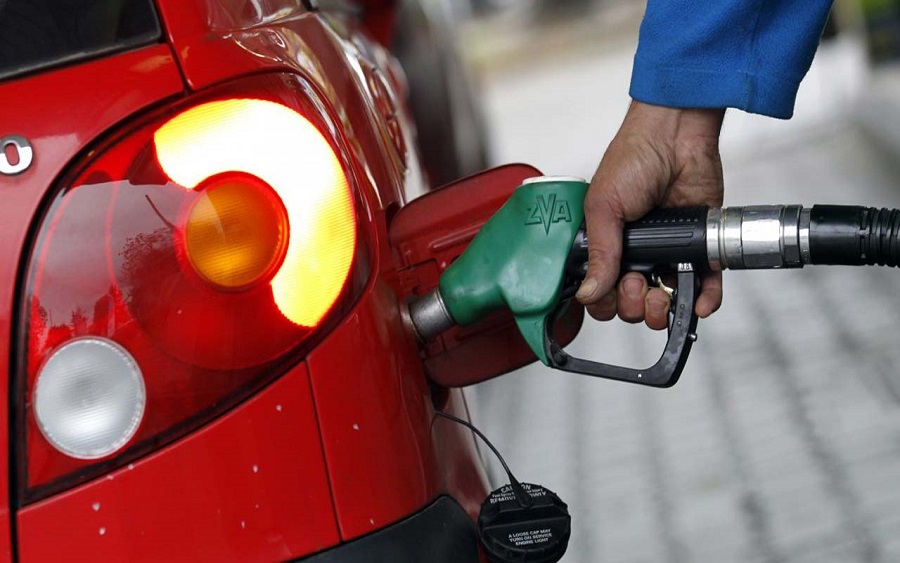Nigeria’s daily petrol consumption has dropped by a staggering 92% following the removal of fuel subsidies, according to findings from BusinessDay.
Data from the Nigerian Midstream and Downstream Petroleum Regulatory Authority (NMDPRA) shows that as of August 20, 2024, the country consumed only 4.5 million litres of petrol per day, a sharp decline from the 60 million litres recorded in May 2023.
This significant reduction comes in the wake of President Bola Tinubu’s decision to end the petrol subsidy on May 29, 2023. Tinubu argued that the subsidy system, which had cost the government approximately N12 trillion over the past decade, was unsustainable and had driven the country into severe debt.
The NMDPRA’s Daily Truck Out Report indicates that only 16 out of Nigeria’s 36 states received product allocations from the Nigerian National Petroleum Company Limited (NNPCL) in August.
This left many states grappling with petrol shortages throughout the month.
Among the states receiving allocations, Niger led with 21 trucks, equating to 940,000 litres per day. Lagos followed with 12 trucks (726,001 litres), and Kaduna received 12 trucks (454,001 litres). Other states, including Oyo, Kano, and Ondo, received smaller allocations. However, several states, such as Sokoto, Ogun, and Benue, received limited supplies, contributing to a fuel scarcity in those regions.
President Tinubu’s subsidy removal policy was seen as a necessary step to stabilize the economy, though it has resulted in a sharp decline in fuel availability, as evidenced by the drop in consumption and state-by-state fuel distribution challenges.













